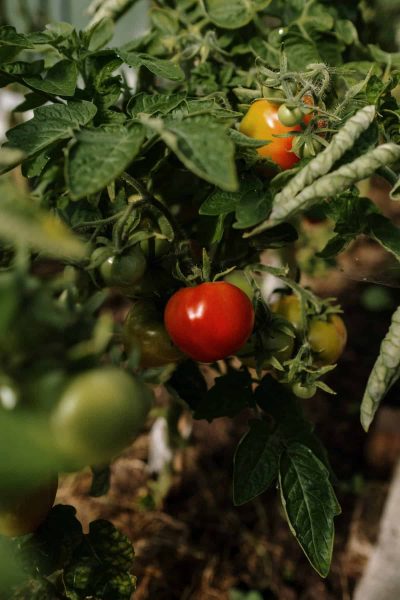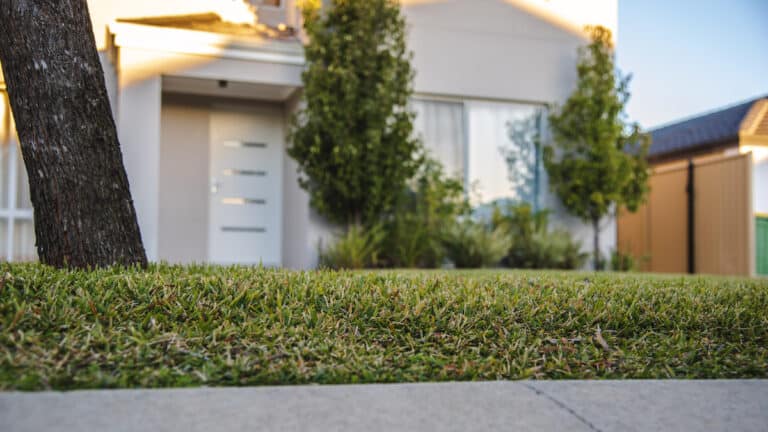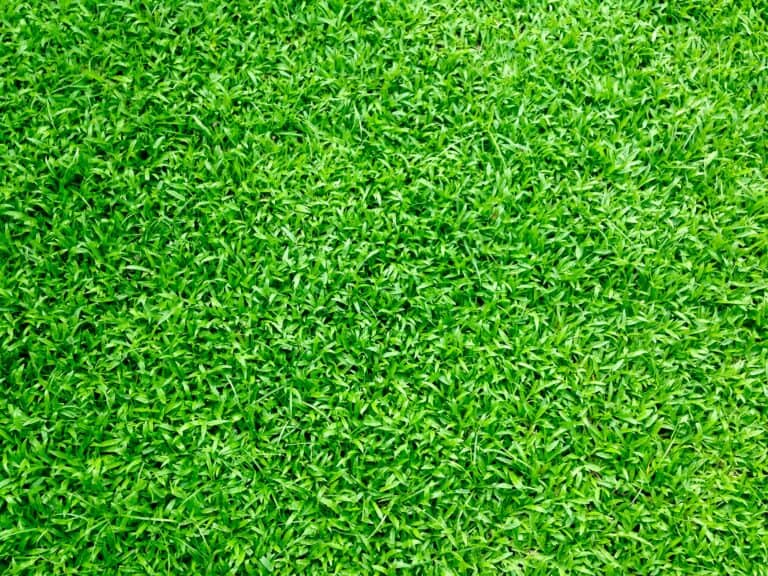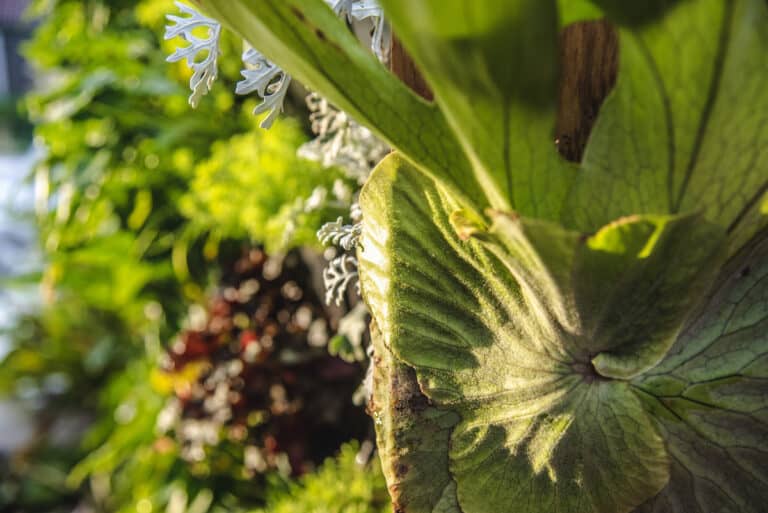An edible garden is more than just a space; it’s an experience. Every time you pluck a fresh vegetable or snip a fragrant herb, you’re reminded of the wonders of nature and your role in nurturing it. The joy of having an edible garden goes beyond the delightful flavors; it embodies the pride of growing your own food and the peace of knowing its origins. Join us as we delve into the essentials of creating a vibrant edible garden, ensuring you’re equipped with the knowledge to make your veggies and herbs flourish.
The idea is to start small and grow from there. The choice is your: start growing from seeds or from seedlings. You can get an idea of where to start from your local market or garden supply store. Get the kids to help too. It can be fun and is definitely rewarding!
So,what is an edible garden?
An edible garden is a garden that allows you to reap the benefits of growing veggies, flowers and herbs for your own consumption. Pretty easy and straightforward. But where to start?
The first step is to decide where you are going to grow your plants. It can be a sunny patch in the backyard or maybe you already have raised garden beds that are ready for growing seedlings.
Even shaded areas can be used for planting, just make sure you grow vegetables or herbs that are suited to the area. Grow them vertically for those who have no space available and the more passionate gardener – it requires a bit more investment but an edible vertical garden is a satisfying project.
How do you set up an edible garden?
Based on your choice of location, choose the appropriate vegetables and herbs that will grow in the area chosen. Do a bit of research, read over the internet and choose the right plants for your garden. The basic rule is: try using the easiest vegetables first like carrots, peas, beets, beans, cucumbers and lettuce or herbs like parsley, basil or thyme.
Experimenting with different types of plants is also a good thing as this will give you knowledge for future endeavours. With time, you will know which plants grow best and where and you can keep a regular planting schedule for your crops. I like experimenting with seeds that I find from the local garden supply store: spinach or rocket seeds, or seeds that are on tapes ready to put in the ground. I put the seeds in different spots and see how they grow.


Next step?
Soil preparation. We cannot stress too much on the point that your new plants will need all the help they can get to grow properly. Condition your patch/ garden beds with slow release fertilizers and add some organic matter like mushroom compost mix before planting anything. This will allow your veggies and herbs to be nourished and to thrive until they are ready to eat!
You are now ready to plant your very first veggie and herbs! Follow the instructions on the packs and keep the distances between the plants to allow for growth as much as possible.
Any Extra tips?
Yes, just a few more tips to get you garden growing:
- Don’t forget to water them every day until they are established especially if planting in Perth hot summer time. If they are in the sunny spot in your garden, then make sure to water them well. Shaded area garden beds will be quite tolerant if you miss a day of watering!
- Mulch your plants to prevent weeds and give protection to the plants. It will also prevent evaporation.
- Keep fertilising every few weeks using either a granular or liquid fertiliser to give the plants that extra support.
- Weed the garden patch as needed. Just grab them low and give a sharp wank to remove them from the roots so that they do not come back.
- Keep an eye out for pests invasion. They can ravage your garden very quickly! Treat as needed from caterpillars, grasshoppers or snails but don’t forget about the reentry rule. Check the packs or bottles for guidelines.
- Crop rotation can be set up for the next planting season so that the same nutrients are not depleted eech time.
What are the health benefits?
The little things in life usually have the biggest impact on our health. Gardening is an example of how you can manage to stay fit and healthy both in body and mind. It has been scientifically proven to increase a sense of well being and your mental health.
- Get a good dose of your daily exercise: gardening will give you frequent movement : pruning, planting, weeding, mulching or potting will keep you active and moving even if it’s for half an hour.
- Your daily dose of happiness from the sun: vitamin D not only helps your bones grow stronger but gives you a feeling of happiness. It will help you with your sleep by increasing your melatonin levels and boost your daily mood by increasing your serotonin levels. As long as you wear a hat and sunscreen for protection and you avoid working during the hottest times of the day. What could go wrong?
- Destress and relax your mind while tending to your garden. Get back to nature!
- Boost healthy bacteria in your body by working the soil. It may help improve your health by reducing skin allergies and increasing immune function.
- Healthier diet as you are growing and eating your own veggies minus the nasty chemicals usually used for mass food production.
Get out and about and start gardening. It is a bit cool in the mornings at the moment but nothing can stop you from doing it later in the day when the sun is out. Just the most important thing: Have fun, keep active, help the environment and become sustainable. Reap the benefits from your vegetable garden and enjoy your harvest! Go Green!












